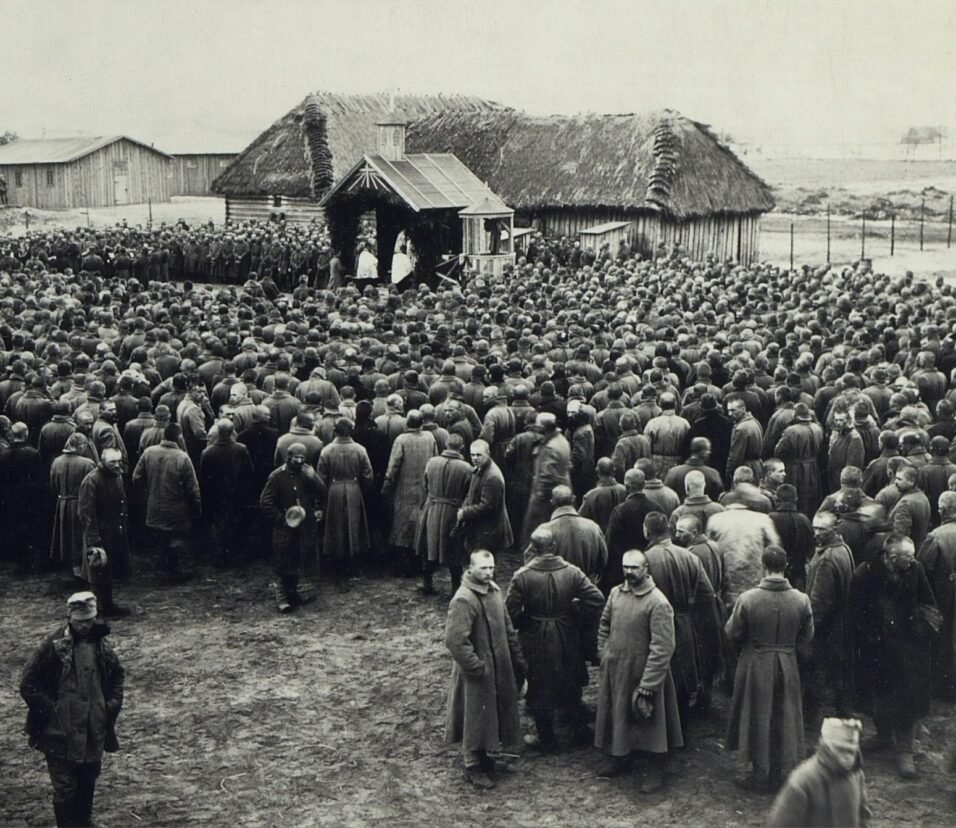Andrew Jackson Vs…
Introduction
Andrew Jackson, the seventh President of the United States, is a figure that elicits strong reactions from historians and the public alike. His time in office, from 1829 to 1837, was marked by populist ideals, a belief in the power of the presidency, and controversial policies that affected marginalized groups, particularly Native Americans. To understand Jackson fully, it’s imperative to examine his relationships and ideological struggles with key figures and groups of his era. So let’s dive in.
Andrew Jackson Vs. Thomas Jefferson: Democracy’s Evolving Face
Background
Both Thomas Jefferson and Andrew Jackson are often considered champions of democracy and the common man. Yet, their perspectives on what that entailed were shaped by different experiences and times.
Ideological Roots
Thomas Jefferson was one of the founding fathers and an advocate for a rural, agrarian society. He believed in a direct form of democracy where the common man had a voice. Andrew Jackson, on the other hand, was the first “frontier President.” His rugged individualism was a reflection of a nation that was rapidly expanding and changing.
Governance and Slavery
When it came to governance, Jefferson was cautious about concentrated power and leaned more toward states’ rights. Jackson, while advocating for states’ rights, significantly strengthened the power of the presidency during his tenure. Moreover, both had complicated legacies concerning slavery; although both owned slaves, they did little to reconcile this fact with their democratic ideals.
Final Thoughts
While both leaders believed in the power of the common man, their visions of democracy and governance differed, shaped by the times they lived in and their personal philosophies.
Andrew Jackson vs. Henry Clay: A Tale of Two Visions
Henry Clay’s American System
Henry Clay was a significant figure during Jackson’s political career, and the two were often at odds. Clay’s American System was focused on strengthening the federal government’s role in economic development. This system included a national bank, protective tariffs, and federally funded internal improvements.
Personal Rivalry
Clay and Jackson couldn’t have been more different in their approaches to governance. The tension reached a boiling point during the 1824 election when neither won a majority. Clay threw his support behind John Quincy Adams, infuriating Jackson and coining the term “corrupt bargain” in American politics.
Opposing Economic Views
Jackson’s economic policy favored minimal government interference, a stark contrast to Clay’s structured American System. Jackson believed that states should be left to govern themselves as much as possible, a belief stemming from his mistrust of a centralized system that he saw as prone to corruption and manipulation.
Andrew Jackson Vs. John Quincy Adams: Elitism Vs. Populism
Election Dramas
Perhaps the most direct conflict Jackson had with another individual was with John Quincy Adams. They faced off in two elections, in 1824 and 1828. The 1824 election resulted in what Jackson and his supporters considered a “corrupt bargain” with Henry Clay, allowing Adams to take the presidency.
Ideological Disparities
Adams, like Clay, was an advocate for a strong central government. He was focused on modernization, wanting to advance the arts and sciences, invest in infrastructure, and promote education. Jackson’s policies were almost the opposite; he opposed strong central authority and the elitist policies he felt Adams represented.
Social Implications
Jackson’s victory in 1828 was seen as a win for the common man. It represented a shift from the governance of the educated elite to that of the everyman, signaling a change in the American political landscape.
Andrew Jackson Vs. Native Americans: A Legacy of Suffering
The Trail of Tears
Jackson’s policy towards Native Americans is perhaps the most controversial aspect of his presidency. Despite a Supreme Court ruling that favored the Cherokee Nation, Jackson proceeded with the forced removal of the Cherokee people, leading to the Trail of Tears and the death of thousands.
Morality and Manifest Destiny
This event has cast a long shadow over Jackson’s legacy, marking him as a leader willing to put expansionist desires over human rights. It was a clear deviation from the constitutional principles he claimed to uphold, showing that his populism extended only to white settlers and not to the native inhabitants of the land.
Andrew Jackson Vs. The National Bank: A War of Ideologies
The Bank War
One of the most significant conflicts during Jackson’s presidency was his battle against the Second Bank of the United States. Jackson viewed the bank as a corrupt institution that benefited the wealthy at the expense of the common man.
Veto and its Aftermath
Jackson’s famous veto of the bank’s recharter was not just a policy move but a statement of his populist beliefs. This decision led to a financial crisis but solidified Jackson’s image as a man willing to stand up to what he viewed as corrupt institutions.
Conclusion
Andrew Jackson remains a complex and often contradictory figure in American history. His relationships and rivalries with key figures like Thomas Jefferson, Henry Clay, John Quincy Adams, the Native Americans, and the National Bank of the United States reveal a man deeply rooted in his beliefs, yet willing to flout laws and morals to achieve his goals. These comparisons offer us invaluable insights into not just Jackson, but also the times he lived in and the evolving nature of American democracy and governance.
By understanding these relationships, we can better comprehend the nuanced and multifaceted legacy Jackson has left behind, a legacy that still sparks debates and discussions to this day. Whether you view him as a champion of the common man or a deeply flawed leader, his impact on the American story is undeniable.







